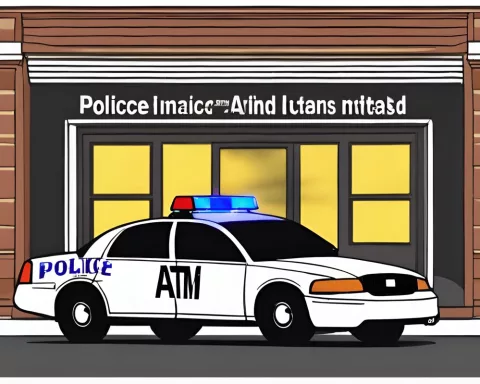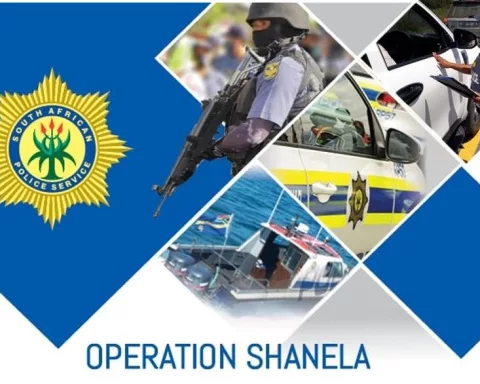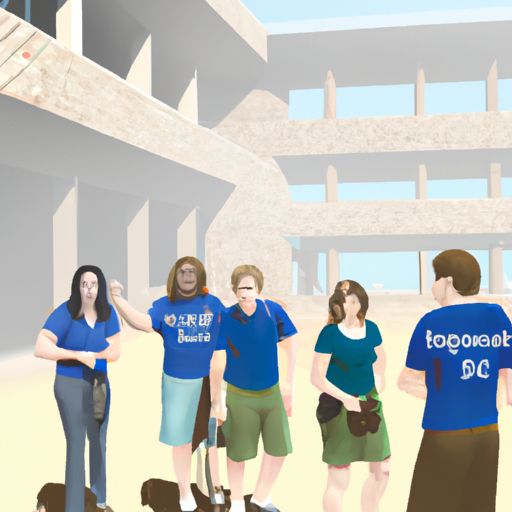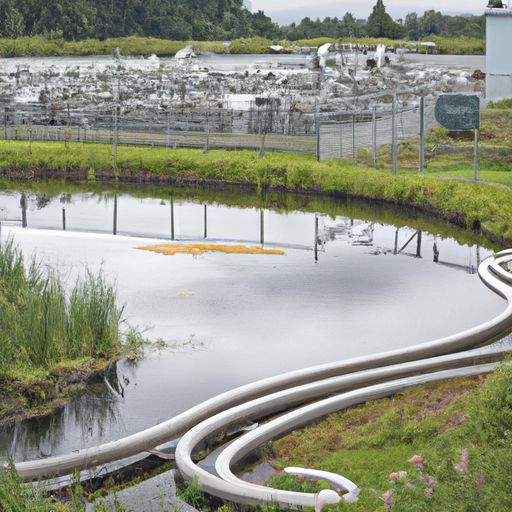In Cape Town, the discovery of an unidentified girl’s body on an open field at Fisantekraal has shaken the local community and raised concerns over the circumstances surrounding her death. The incident has sparked investigations by the South African Police Service (SAPS) in the hopes of determining the cause of death and bringing the perpetrator(s) to justice.
A Grim Reminder of Ongoing Challenges
Instances of unidentified bodies are not new to the country, with several reports of unidentified children found across the country. This has raised the need for proper channels and resources necessary to identify such victims and bring perpetrators to justice. The discovery of the unidentified girl’s body at Fisantekraal is a stark reminder of the need for continued efforts to safeguard vulnerable members of society.
South Africa has also been grappling with high levels of crime against women and children, with an increase in reported cases of gender-based violence. This has sparked nationwide campaigns and advocacy for the protection of women and children’s rights, and ensure their safety and protection. Despite these efforts, tragedies like the one in Fisantekraal continue to occur.
Calls for Action and Support
In response to the tragedy, SAPS has opened an inquest docket, and anyone with information relating to the case is urged to contact authorities. The community is left in shock and disbelief as to how such a tragedy could occur in their neighborhood. It is essential to prioritize the safety and protection of children and women and ensure that resources and mechanisms are in place to identify and bring perpetrators to book.
To address these issues, campaigns and initiatives have been launched to support victims and raise awareness about gender-based violence and child protection. Many NGOs and community groups are working tirelessly to advocate for the rights and protection of vulnerable individuals. They provide support, education, and resources to those in need, helping to ensure that everyone has access to the necessary tools to stay safe.
The Need for Continued Efforts
As we continue to grapple with the challenges of identifying and prosecuting individuals responsible for heinous crimes like the one in Fisantekraal, we must remain vigilant and committed to taking action. This means investing in resources, programs, and initiatives that support victims and protect vulnerable individuals. We must also work to raise awareness about the importance of child protection and gender-based violence prevention.
Ultimately, the tragedy in Fisantekraal serves as a stark reminder of the ongoing challenges we face in creating a safe and just society for all. However, by working together, we can make progress towards a world where everyone, regardless of age or gender, can live free from violence and fear.












